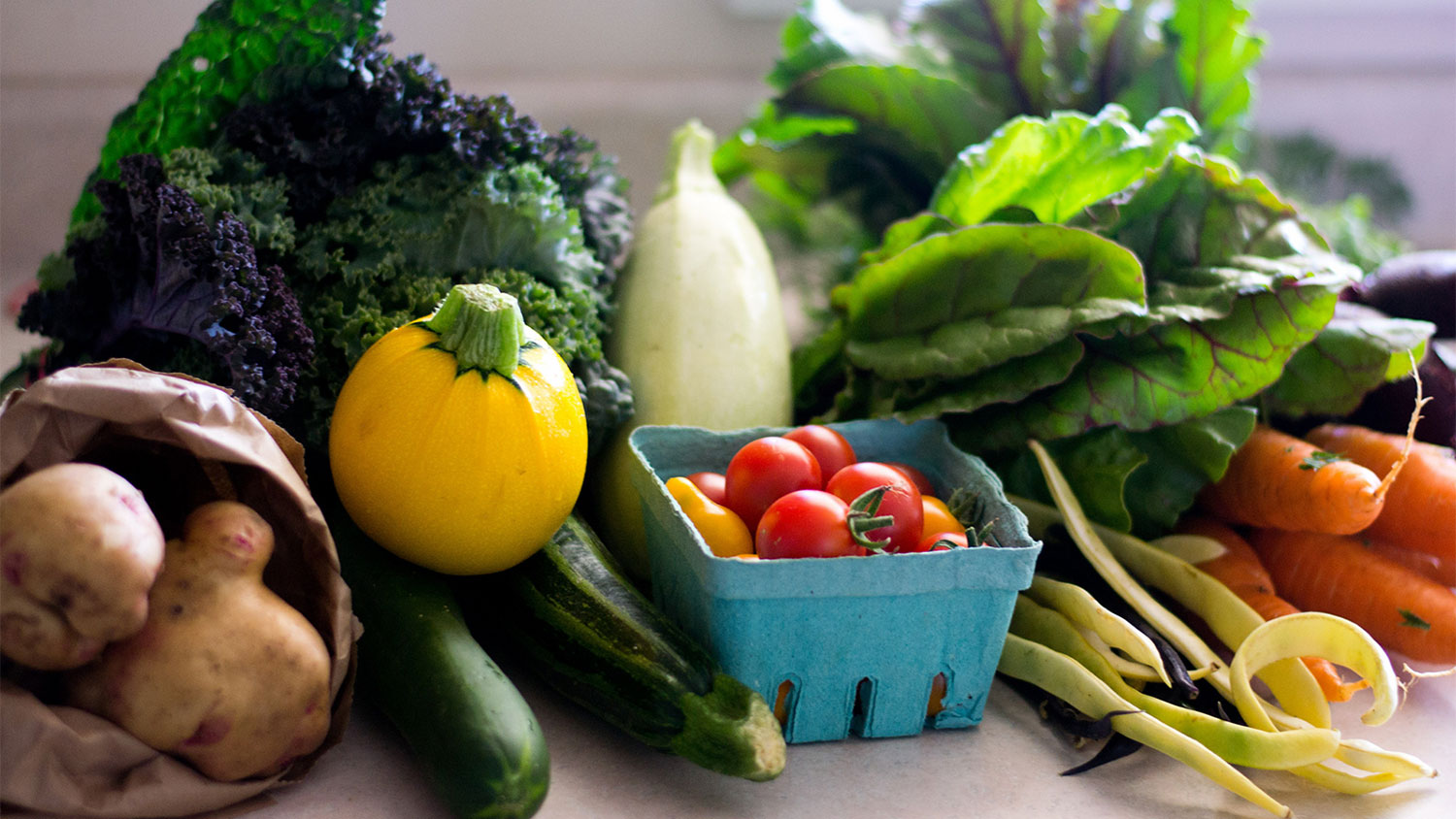The Department of Agriculture has come to the shocking conclusion that poor people should be able to eat healthy food.
Today, the USDA announced that it’s awarding $31 million in grants to various programs, all aimed at different ways of allowing people on food stamps to buy more than just pre-made, calorie-rich, nutrient-poor junk. The problem is that when you are living hand-to-mouth, broccoli becomes a luxury item.
There are a couple ideas floating around for addressing that fact that the poorest people in the U.S. are the most prone to dietary disease. There’s the idea of restricting food stamps so that they couldn’t be used to buy (for instance) soda. On the other side, there’s the idea of increasing education and support for the poor to allow them to buy good food. The programs funded by these grants fall into the later category.
The Fair Food Network, based in Michigan, is a recipient of one of the largest grants. It is matching the grant with private money to expand its Double Up Food Bucks program. Here’s how that works: When someone comes to a participating farmers market or grocery, and spends a food stamp dollar (Supplemental Nutrition Assistance Program) they get another dollar to spend on fruits or veggies. Local farmers get more customers, and people struggling to get by find that healthy food is suddenly a good deal.
“Our hope is that the grants to these organizations scale up and continue pointing the way to a food assistance policy environment that starts to see the benefit of using SNAP for multiple purposes, so that the very same dollar that is going to help a low-income mom can help local farmers and keep circulating in the community,” said Oran Hesterman, president of Fair Food Network.
Hesterman praised Congressman Frank Lucas and Senator Debbie Stabenow for creating this funding as part of the farm bill. “It took exceptional leadership,” he said. “And the USDA took that and put a high quality program together in record time. In a time of so much legitimate criticism of Congress, this is a bright spot.”
Fair Food Network is just one example of the groups the USDA has funded. The department will evaluate these projects to see what works best. The farm bill authorized $100 million for these kinds of programs, all of which will be matched by private money.
In the larger scheme of things, $200 million is not a lot: We spent $74 billion on food stamps in 2014. Obesity costs an estimated $147 billion a year in direct medical costs alone. Relatively, good food is cheap. It’s high time a nation as wealthy as the U.S. figured out how to allow everyone to eat healthily. Better to spend a little money on gastronomy than a lot of money on gastric bypasses.



